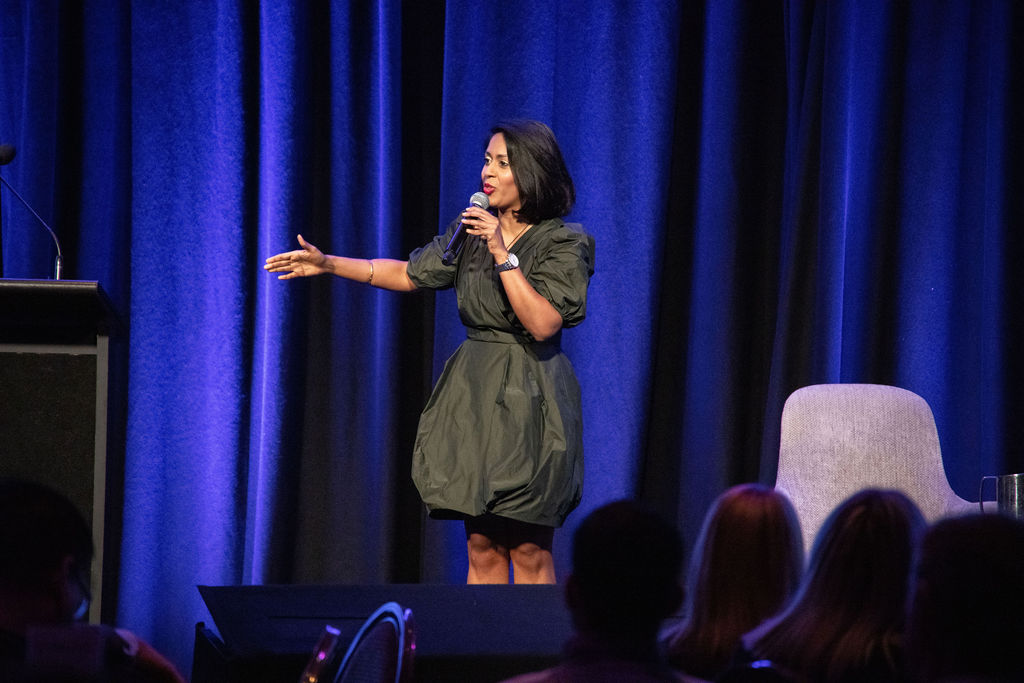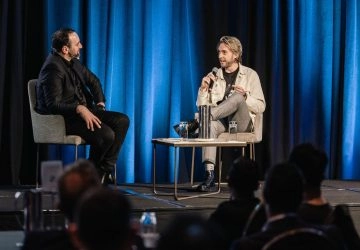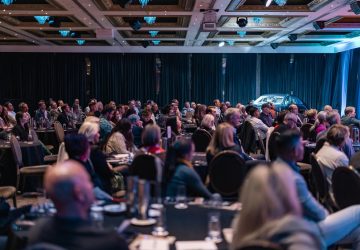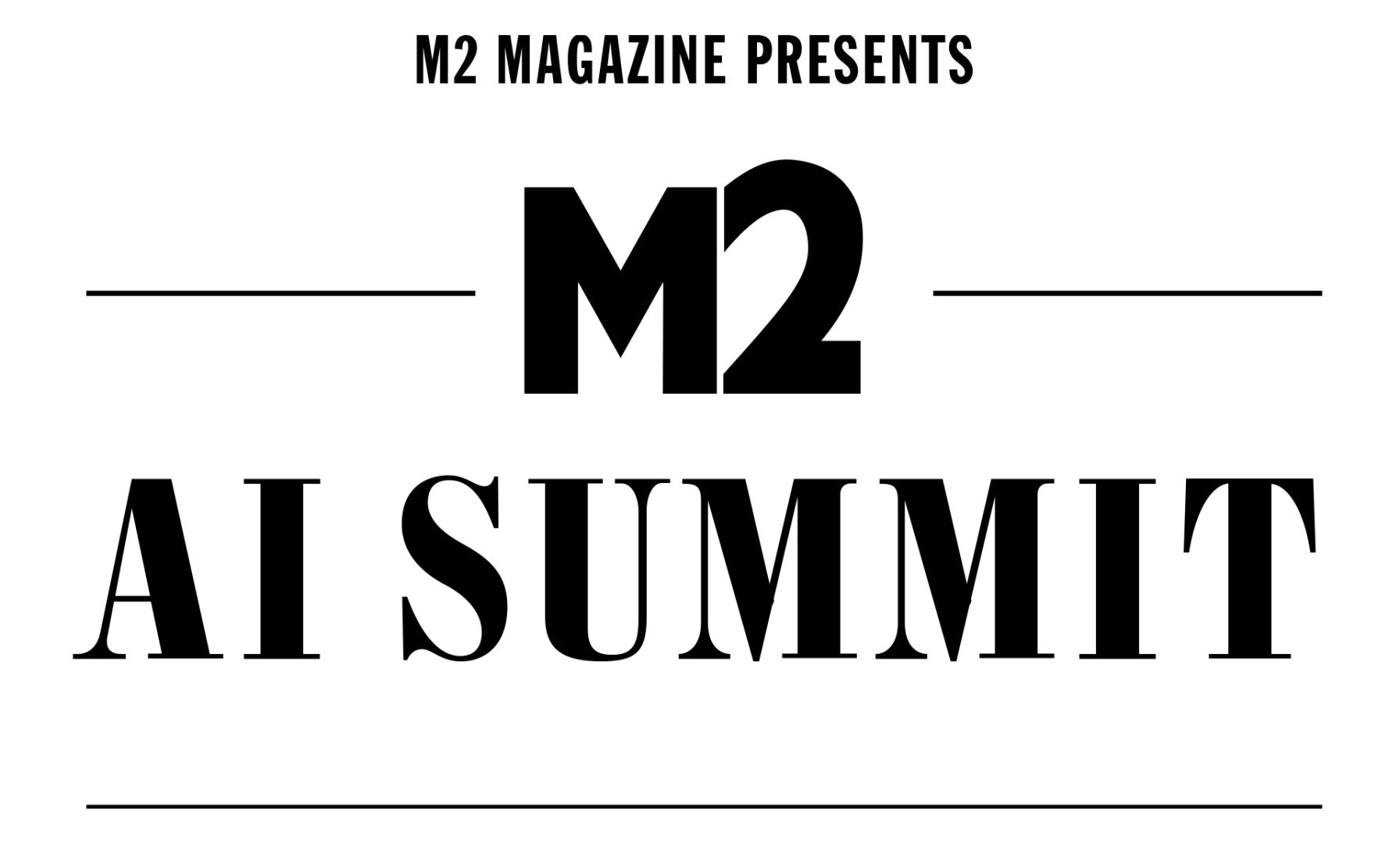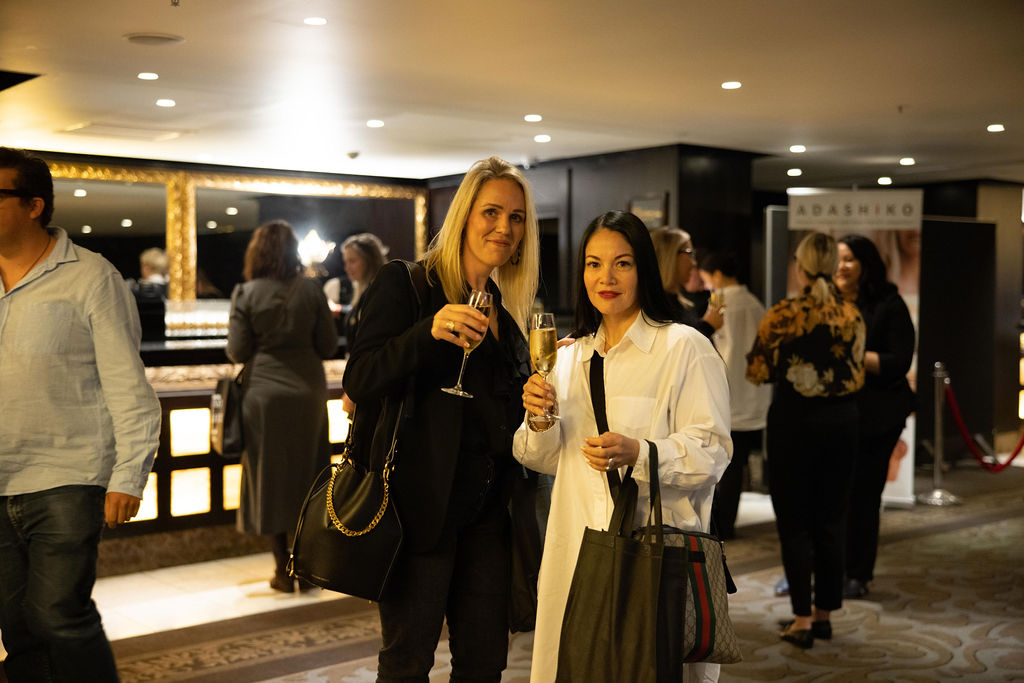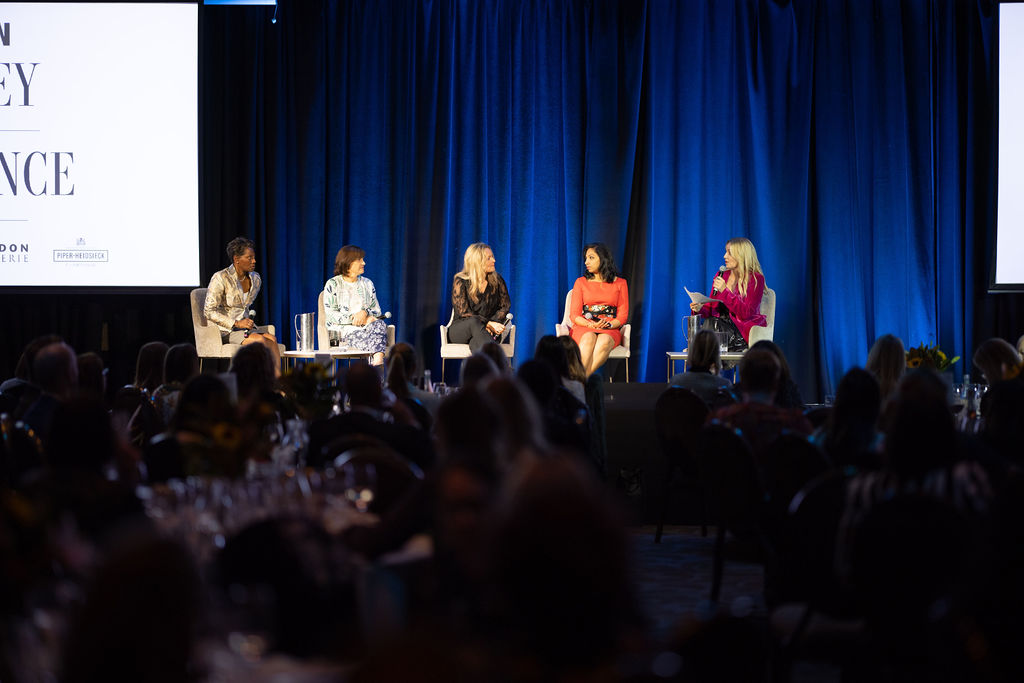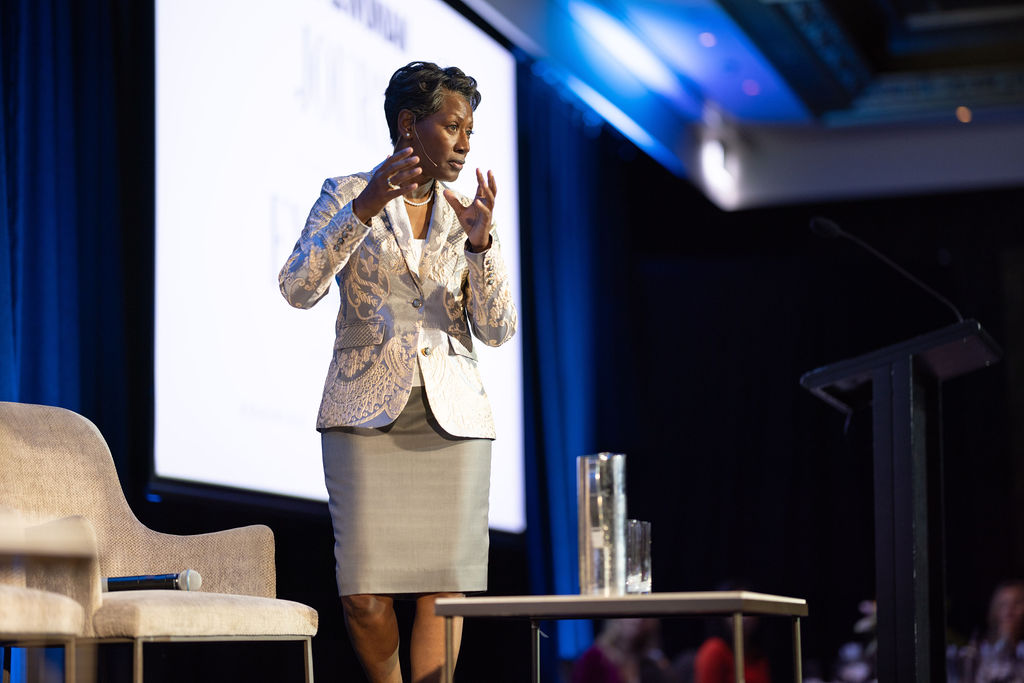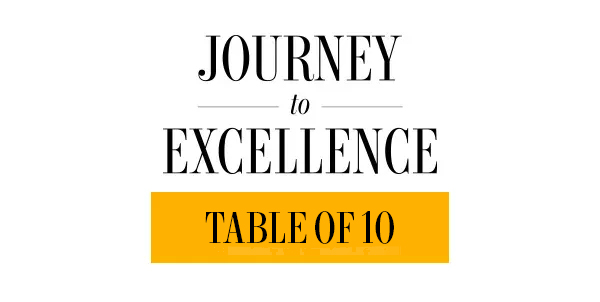Ep.113 – What Culture Collision Means For The Future of Business
[podcastfooter]
As diversity becomes increasingly important in every facet of our world, what we think we know about the idea of ‘culture’ is quickly evolving. Breaking down the impending future of ‘cultural collision’ and how it is affecting our work and personal lives at the M2 Summit was Nuwanthie Samarakone, founder of ICE.
Samarakone introduced the idea of cultural collision, the coming together of individuals and ideas from different cultures and using these differences to create something new. She stated that its effects are both invisible and visible, and it while presents challenges in the short term, the future presents exciting opportunities. She identified the main obstacle to harnessing these potential advantages as inclusivity, or lack thereof, stating, “without inclusivity, there is no diversity, there is no cultural collision.”
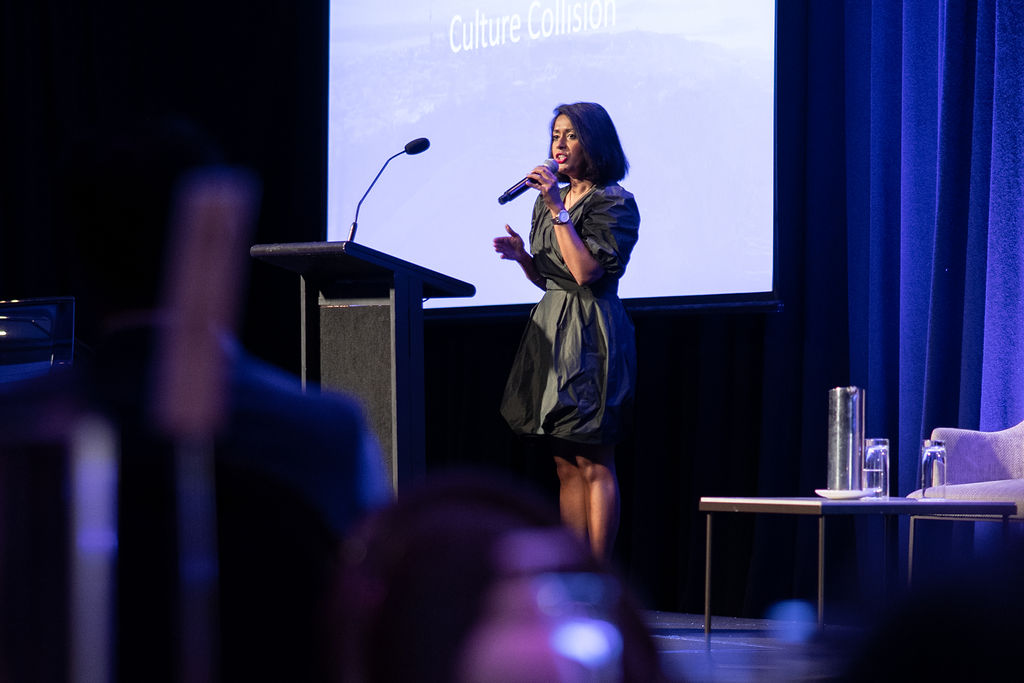
Samarakone suggested that one of the key positives we can take advantage of through encouraging cultural collision is the potential for increased creativity. She stated that this is an area that individuals tend to lose as they gain mileage in the business world; “research shows, as we get older and more experienced in the world of work, we lose creativity”. She went on to suggest that businesses look to bring on youthful minds in the hope of generating creativity, but that if the right cultural environment is not in place, they are stifling their own potential. Samarakone regarded the need to harness this potential creativity as a chance for us to “save the world from the ordinary”.
She then introduced the term ‘culture collectivism’ and claimed that understanding this was the key to best utilising cultural collision. She emphasised that cultural collectivism needs to be established through “a movement, not a mandate”, remarking that it had to start from within, with forward thinking individuals driving the push, and encouraged the audience to go away from the conference considering how they can do more to create collective cultural environments in their own businesses and home lives. Drawing upon some words of wisdom from her father, Samarakone cited a metaphor which compared cultural collectivism to the wind, asserting that it can either propel you forward when harnessed correctly, or push you back if not done so effectively.
To conclude, Samarakone called for us to “hit the refresh button” on what we think about culture, asserting the responsibility has fallen to us to “preserve, build and create” through cultural collision.
[videofooter]

